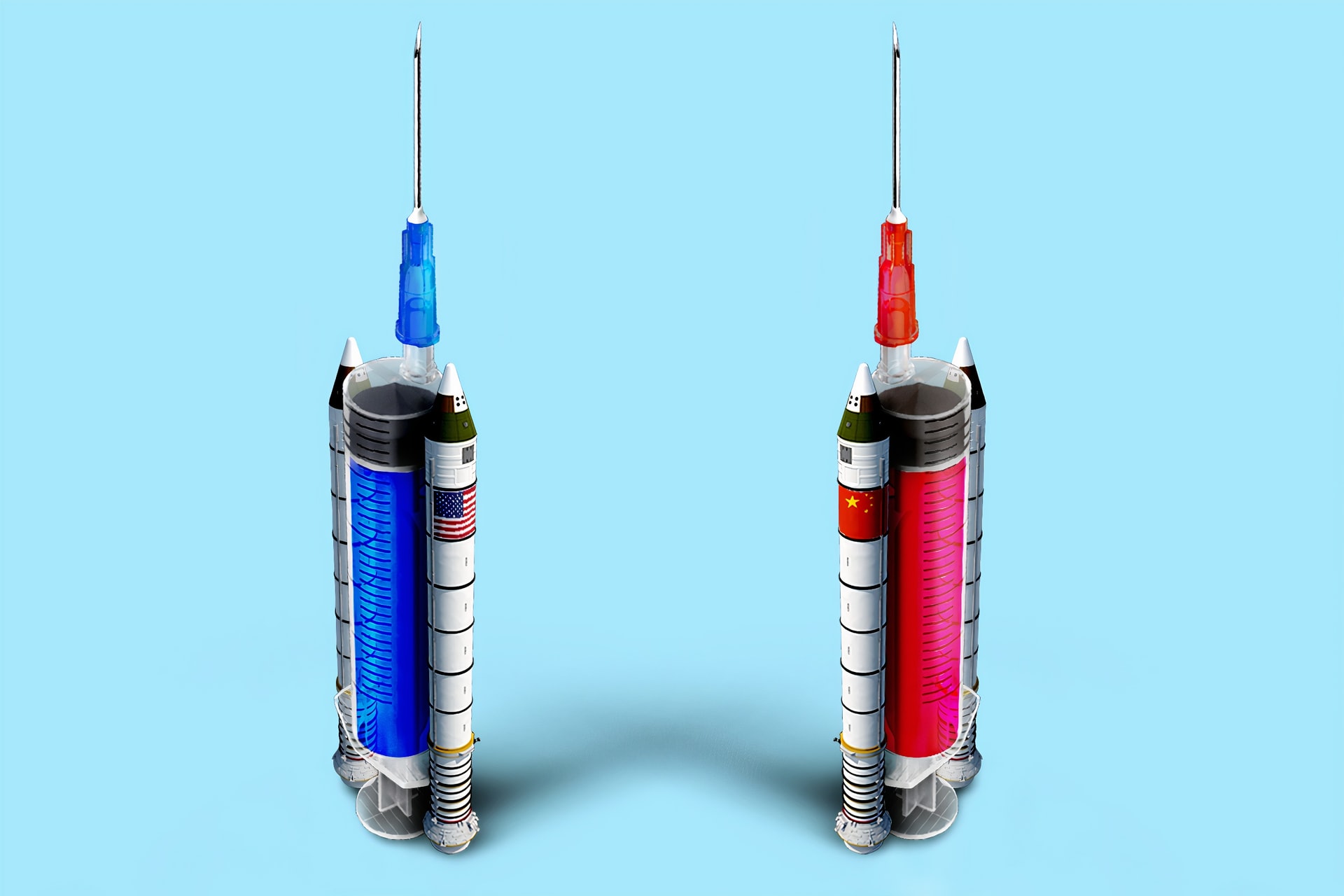AstraZeneca’s coronavirus vaccine trial experienced a hurdle in its trials in the UK when one patient suffered a concerning side effect from the vaccine. Now the Food and Drug Administration is evaluating the risks attached to resuming drug trials in the US after seeing the UK recontinue theirs.
A participant of the vaccine trial in the UK experienced serious damage to their spinal cord and has to lead the National Institutes of Health to investigate the happening. If the side effect does take place as a result of the vaccine, the people need to know.
Dr. Avindra Nath is the intramural clinical director and also leads the virus research at the National Institute for Neurological Disorders and Stroke, which is a division of the NIH. He acknowledges that people’s hopes bank on the coronavirus vaccine and any serious issue with the vaccine could get the whole situation go downhill.
Also Read: Health Expert is Concerned Over Russias Coronavirus Vaccine to be Immoral
There’s a lot of mystery surrounding what happened to the unidentified patient. This has brought great distress as a consequence for those who have been actively following the developments of AstraZeneca’s coronavirus vaccine that it is producing alongside Oxford University. The company said the volunteer candidate has healed from the serious inflammation they suffered to their spinal cord and is now discharged from the hospital.
Although the pharmaceutical company did not refer to the volunteer candidate’s condition to be that of transverse myelitis, Nath however alongside another neurologist believes this may be the case.
The condition transverse myelitis inflicts a series of symptoms on a sufferer which includes inflammation in the spinal cord that inevitably leads to pains, paralysis, and muscle weakness.
In the UK however, the regulatory body has gone through the case and given the trials the green light to move ahead and continue trials.
Nath however believes there should be more information provided regarding AstraZeneca’s coronavirus vaccine side effect so that health experts can help since this vaccine will be going to the masses and will affect their quality of life. The little information provided however makes it difficult in his opinion to extend a hand to help any complications.
The important decision as to whether or not the vaccine trial should continue or halt is a difficult one to make considering there is much to look at before concluding if the vaccine is safe to carry through. Also since it’s hard to pinpoint what caused an injury is difficult to discern. The scientists and authorities also need to evaluate the weight of rare side effects against the vaccine’s effectiveness in stopping the lethal pandemic.
Nath acknowledges the many factors that come to play when making such decisions since a vaccine shouldn’t have to make ill all the people who are healthy before a vaccine shot.
He notes that the NIH has not gotten a blood or tissue sample from the patient in question and the investigation is still in its early stages of planning. A good way to go about it in his opinion is if the US scientists review samples from patients who received the vaccine shot and inspect whether these volunteers have any antibodies that are potentially harming the spinal cord or brain tissue.
Studies like this however might require 1 or 2 months. While the FDA refuses to name how long it will take for them to make a decision or to let the trial move ahead, speculations continue. If it is proven that the vaccine indeed caused the condition or injury to occur in the participant, the trial may be stopped, and if it isn’t other volunteers will have to be inspected for similar symptoms and issues that might arise as a result of the vaccine.
Vaccine research according to experts is a tricky thing to predict, no one can surely know what to expect during mass human trials, therefore the only time will tell if the vaccine trials will be allowed to continue in the US


